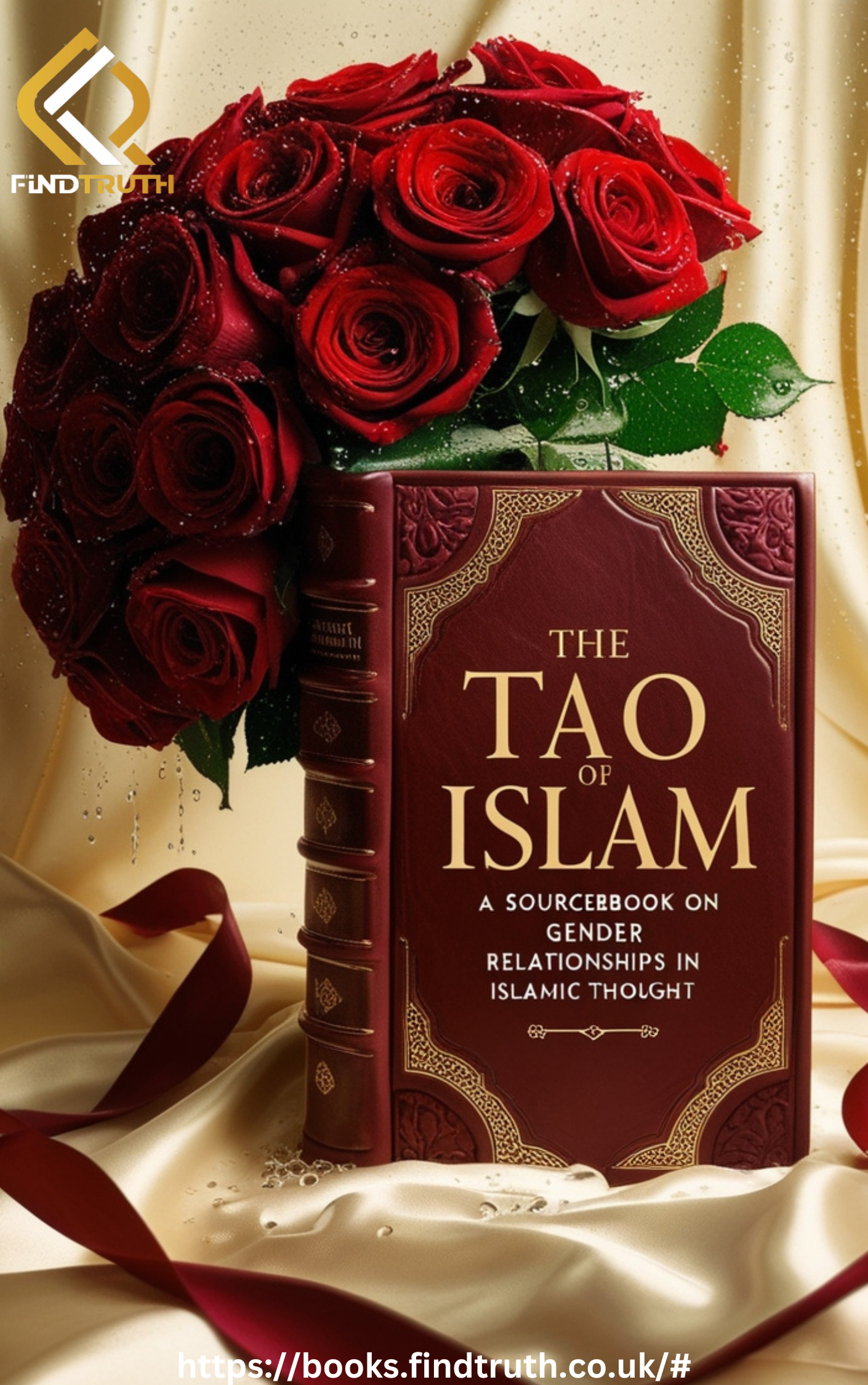
- Beliefs
-
Muslim Practices
- Salah (Daily Prayers)
- Sawm (Fasting)
- Hajj (Pilgramage to Makkah)
- Zakah (Charity Giving)
- Khums (Giving One-Fifth of Annual Saving)
- Jihad (Striving in the Way of God)
- Amr bil Ma'ruf (Encouraging Good)
- Nahy 'an al-Munkar (Stopping Evil)
- Tawalla (Loving the Prophet & His Family)
- Tabarra (Disassociating from the Enemies of the Prophet and His Family)
- Islamic Education
-
Akhlaq - (Ethics)
-
Quran & Sciences
-
Islamic History
-
Socio-Cultural
- Islamic Holy Places
-
Supplications
- Home
- Feature Selections ★
- Beliefs 🛐
-
Muslim Practices ☪️
- Salah (Daily Prayers)
- Sawm (Fasting)
- Hajj (Pilgramage to Makkah)
- Zakah (Charity Giving)
- Khums (Giving One-Fifth of Annual Saving)
- Jihad (Striving in the Way of God)
- Amr bil Ma'ruf (Encouraging Good)
- Nahy 'an al-Munkar (Stopping Evil)
- Tawalla (Loving the Prophet & His Family)
- Tabarra (Disassociating from the Enemies of the Prophet and His Family)
- Islamic Education
-
Akhlaq - Ethics 🔑
- Quran and Sciences 📖
-
Islamic History
- Socio-Cultural
- Islamic Holy Places
- eBooks
- Why Polygamy is Allowed in Islam
Why Polygamy is Allowed in Islam
This book explores the reasons why Islam permits polygamy, highlighting the conditions under which it is allowed and the responsibilities it entails. The text emphasizes that polygamy in Islam is not a blanket allowance for men to marry multiple wives, but rather a regulated practice intended to address specific social circumstances, such as caring for widows and orphans, promoting justice, and maintaining balance in family life. It explains the Qur'anic guidance on treating multiple wives with fairness and the strict conditions that must be met for polygamy to be permissible. The book also compares Islamic views on polygamy with perspectives from other religions and societies, offering a comprehensive understanding of its role in Islamic law and ethics.










